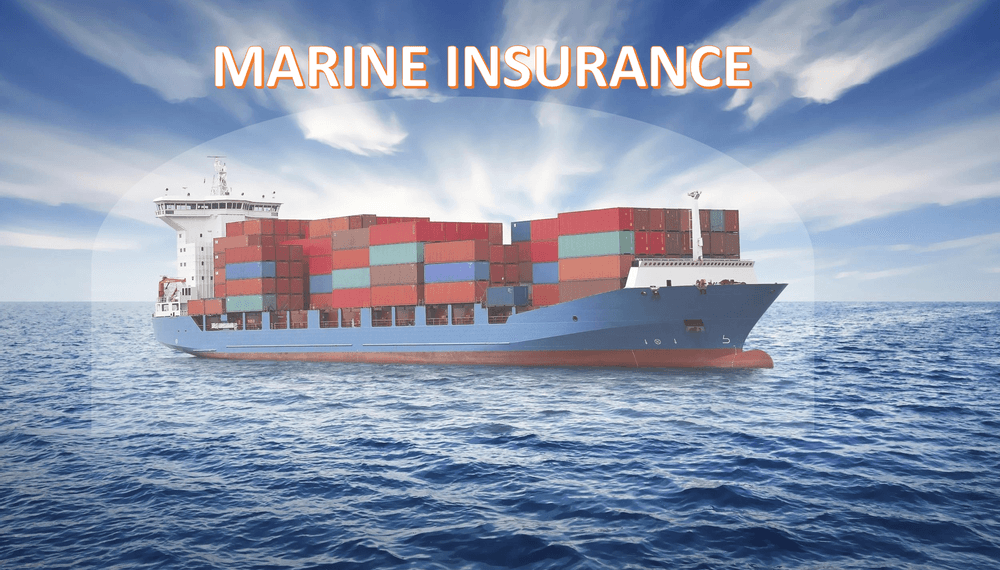Recently, there is an ongoing debate about the enforcement of an Insurance Act which calls for all Importers to purchase Insurance from Ghana instead of doing so from the origin of the imported cargo. One of the entities calling for a review of this Act is the Importers and Exporters Association of Ghana.
Section 37 of Ghana’s Insurance Act, Act 724, states that “unless authorized by the Commission, a person shall not enter into a contract of insurance with an offshore insurer in respect of (a) property situate in the country, (b) liabilities arising in the country or (c) goods, other than personal effects, being imported into the country”.
This law implies that all imported goods must be insured locally. Whilst the law is intended to protect the Ghanaian importer; in some cases, the exporters cover their goods with offshore insurers. So, the question begs for answers: should goods already bearing offshore insurance be insured locally?
Earlier this week, the Executive Secretary of the Importers and Exporters Association, Sampson Asaki stated that at the moment, if importers opt to take the risk and not insure their cargo for duty collection, Customs calculate insurance value based on the fixed rate of 1% of the cost and freight value for air freight and 0.85% for sea/marine freight.
According to him, this practice by Customs is not the best as it only results in a rise in the cost of importation in the country. He suggested that the law should be that, the rate should be applied to only goods that come without offshore insurance but goods that have already been insured should not attract this rate.
Also, he contended that importers are unhappy about ongoing discussions to have all importers purchase local insurance instead of allowing them the option to choose from purchasing Insurance or not or even the option to purchase from the origin of the import or in Ghana.

Mr. Asaki further stated that the long-held practice of Customs is to calculate Insurance of fixed rates of 0.85 percent and 1 percent on cargoes that are not covered by insurance. He, however, noted that per international conventions, insurance rates are negotiable between clients and their insurance companies, so under no circumstance should Customs peg their own rates for duty calculation.
In response to concerns raised by Mr. Asaki, the Chairman of the Commission on Trade Facilitation at the ICC-Ghana, Joseph Agbaga explained that, during the calculation of duty value on goods, Customs may decide to adjust the insurance rates to the pegged rate, when they raise suspicion from rates presented and appear unreasonably low.
He, however, urged importers to provide the necessary documents constituting the insurance policy and premium paid, in the event, they seek to appeal such situations where duty rates become higher as a result of Customs adjusting insurance rates.
The question here again: are importers and exporters aware of this right that give Customs the flexibility to adjust the rate? Based on Mr. Asaki’s argument, it is clear that importers and exporters in the country feel that customs are forcing them to purchase this insurance locally. But should this be the case? Do importers and exporters have a say?
From the ensuing conversation, it is also clear that either the importers and exporters do not have a clear understanding of marine insurance in the country or Customs seek to impose these insurance rates on them.
Marine insurance is one of the oldest forms of insurance practices in most developed countries that depends mostly on imports. However, in Ghana, marine insurance penetration is still very low. According to the National Insurance Commission, the percentages of marine insurance premium to total premium in 2017 and 2018 were 3.86% and 2.39% attesting to the fact that marine insurance contribution to total insurance premium remains very low.
Data from the NIC shows that the contribution of marine insurance premium to total insurance was around GH¢94.31 million in 2017 and decreased to GH¢70.33 million in 2018 whiles total premium was GH¢2.44 billion in 2017 and GH¢2.94 billion in 2018 respectively.
The low marine insurance in the country and the current concerns raised by the importers and exporters calls for massive education, as well as a roundtable discussion among all the parties involved to find an amicable solution to this problem. The Marine Insurance Act could as well be amended if the need be, to reflect the interest of all the stakeholders, whilst still complying with international regulations.
READ ALSO: Security Agencies Must Take Training on Insurance As a Risk Mgt Tool Seriously- NIC




















